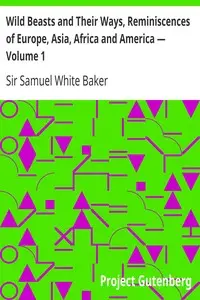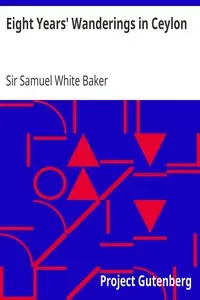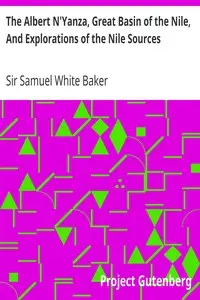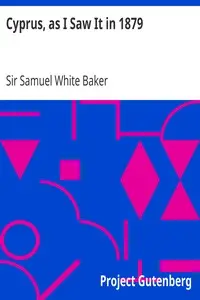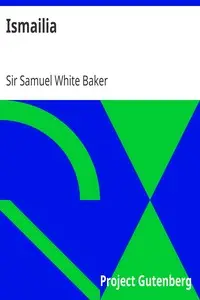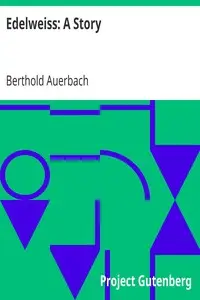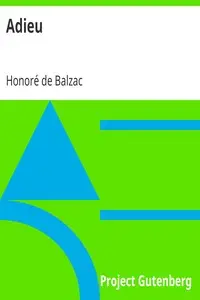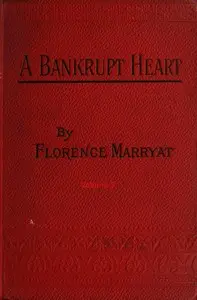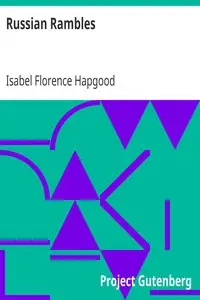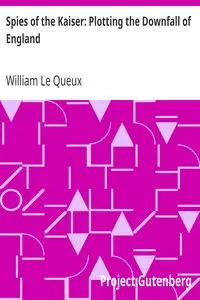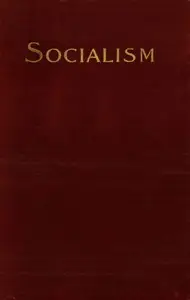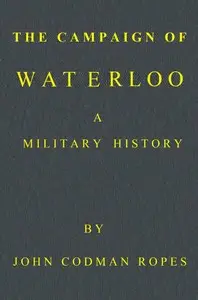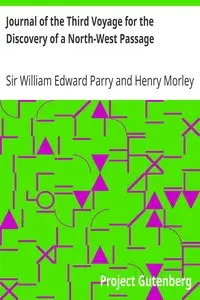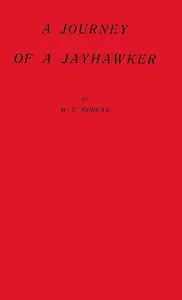"The Rifle and the Hound in Ceylon" by Sir Samuel White Baker is a hunting memoir written in the late 19th century. The book chronicles the author's adventures and experiences as a hunter in Ceylon, shedding light on the local wildlife and the challenges faced while pursuing sport in the jungle landscape. It emphasizes the love of sport inherent in the hunting culture, particularly highlighting large game such as elephants and buffaloes, and reflects on changes in wildlife populations due to increased human activity. At the start of the memoir, the author reflects on the passage of time since his initial experiences in Ceylon, discussing advancements in rifle technology and the resultant changes in hunting practices. He paints a vivid picture of the Ceylonese landscape and wildlife, introducing readers to the thrill of hunting elephants and the dangers posed by them. Notably, he narrates a tense encounter with wild buffaloes, illustrating the unpredictability and peril of the sport. Throughout these opening passages, there is a strong sense of nostalgia and reverence for the natural world, as Baker recounts his past experiences in the context of both personal reflection and a broader commentary on hunting as a sport intertwined with respect for nature. (This is an automatically generated summary.)
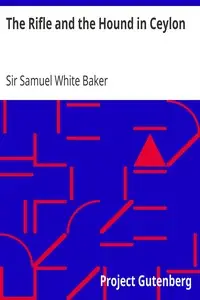
The Rifle and the Hound in Ceylon
By Samuel White Baker
"The Rifle and the Hound in Ceylon" by Sir Samuel White Baker is a hunting memoir written in the late 19th century. The book chronicles the author's a...
Sir Samuel White Baker was an English explorer, officer, naturalist, big game hunter, engineer, writer and abolitionist. He also held the titles of Pasha and Major-General in the Ottoman Empire and Egypt. He served as the Governor-General of the Equatorial Nile Basin between April 1869 and August 1873, which he established as the Province of Equatoria. He is mostly remembered as the first European to visit Lake Albert, as an explorer of the Nile and interior of central Africa, and for his exploits as a big game hunter in Asia, Africa, Europe and North America. Baker wrote a considerable number of books and published articles. He was a friend of King Edward VII, who as Prince of Wales, visited Baker with Queen Alexandra in Egypt. Other friendships were with explorers Henry Morton Stanley, Roderick Murchison, John H. Speke and James A. Grant, with the ruler of Egypt Pasha Ismail The Magnificent, Major-General Charles George Gordon and Maharaja Duleep Singh.


